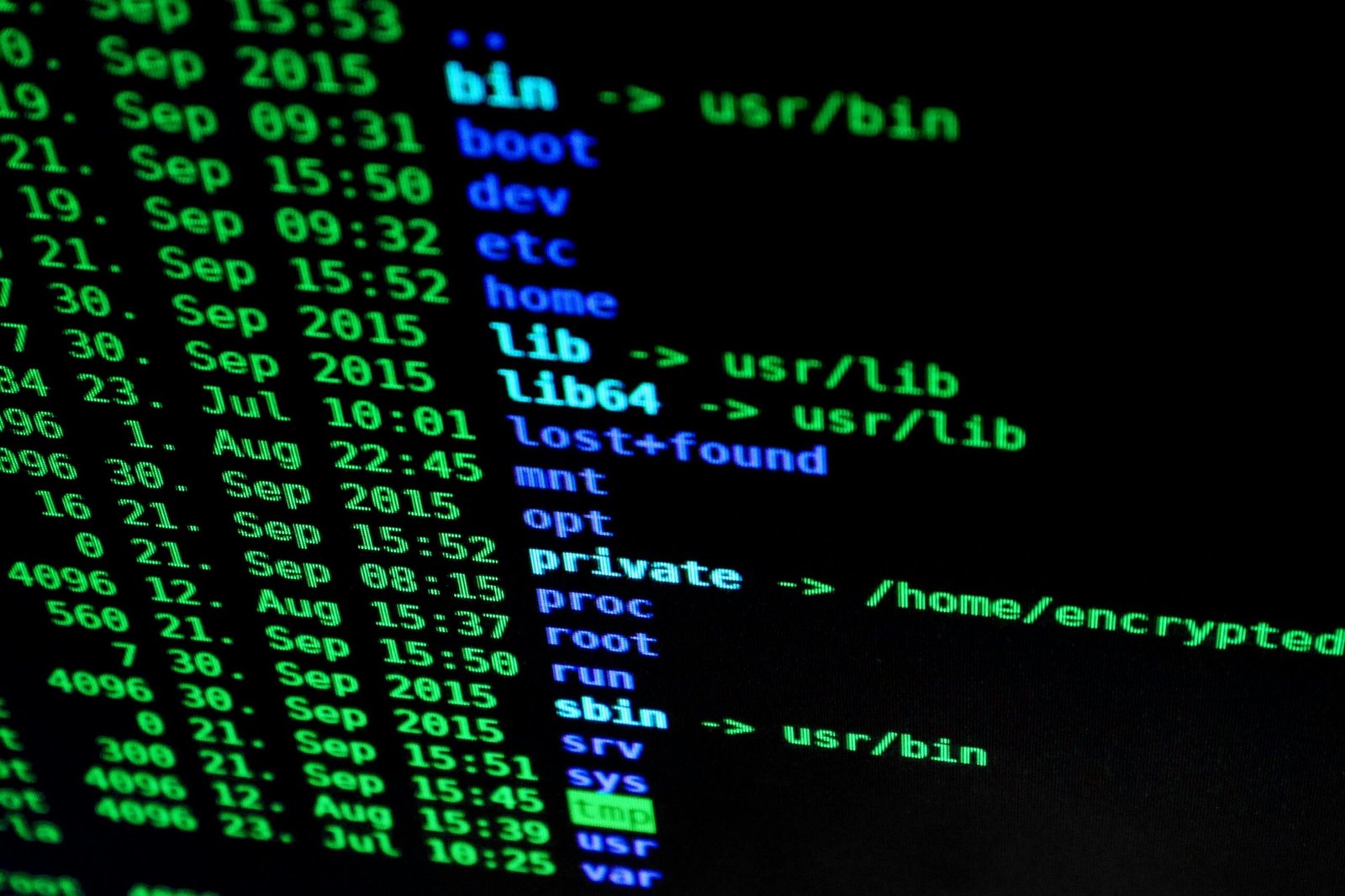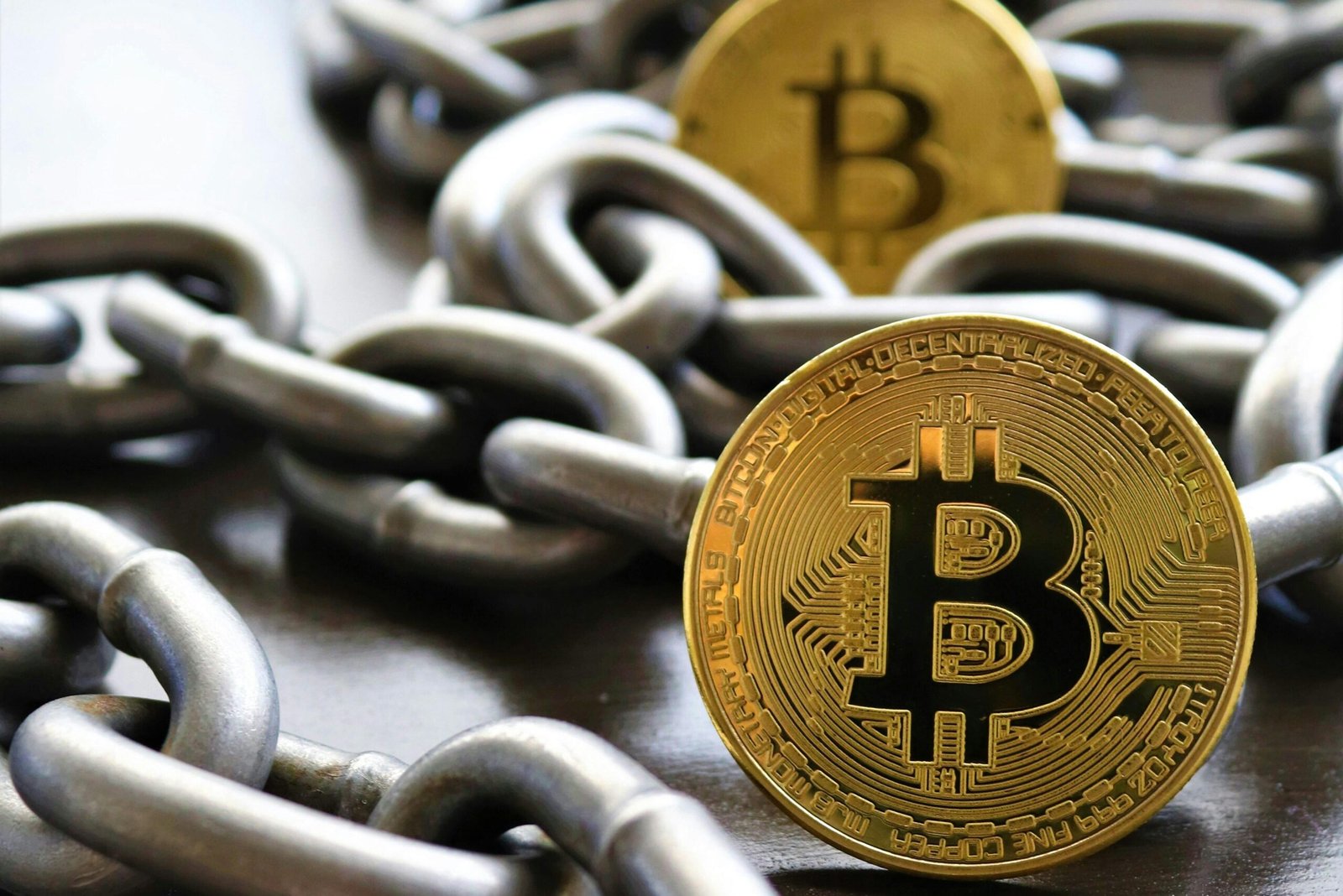Encryption as We Know It May Be Finished

For years, cybersecurity experts have warned that quantum computing could break modern encryption. But now, Google has made a breakthrough that could turn this fear into reality. Their latest quantum processor has achieved speeds that make traditional computers look like antiques. This means that the encryption protecting everything from bank accounts to government secrets is suddenly at risk. The world has relied on encryption methods that even supercomputers would take millions of years to crack. But Google’s quantum leap suggests those same barriers could be shattered in seconds.
This isn’t just a theoretical concern—it’s an urgent one. If quantum computers can break today’s encryption, every password and piece of sensitive data could be exposed. Financial institutions, governments, and tech companies now face a race to develop quantum-resistant security. But the question remains: how long do we really have before this becomes a full-blown crisis? The clock is ticking, and the world may not be ready for what comes next.
Quantum Computers Can Crack Codes at Unthinkable Speeds
Traditional encryption works by making it nearly impossible for computers to guess a password through brute force. Current encryption methods rely on mathematical problems so complex that even the most powerful supercomputers would take thousands—if not millions—of years to solve them. But quantum computers don’t play by the same rules. They can process multiple possibilities at once, using something called Shor’s Algorithm to break encryption exponentially faster than regular computers.
This means that a quantum computer powerful enough to run these algorithms could break even the strongest encryption in hours or even minutes. Suddenly, the security of everything from your email to nuclear codes could be in jeopardy. Banks, hospitals, and entire industries that rely on digital security would need to rethink their entire approach. The technology we once thought was decades away might be knocking on our doors far sooner than expected.
Your Passwords Are Practically Obsolete
We’ve all been told to use long, complex passwords to stay safe online. But what if no password—no matter how long or complex—was truly secure anymore? Quantum computers don’t need to guess passwords one by one like traditional hackers. Instead, they can analyze vast amounts of data simultaneously, making today’s password-cracking methods look like child’s play. Even the most secure passwords, protected by 256-bit encryption, could be broken in a fraction of the time.
This changes the game completely. Password managers, two-factor authentication, and even biometric security could become obsolete if quantum computing reaches its full potential. The internet as we know it is built on security systems that assume breaking encryption is practically impossible. But if that assumption is wrong, we may be heading toward a digital security crisis unlike anything we’ve ever seen.
Governments Are Scrambling for a Quantum-Proof Solution
The moment quantum computing became a real security threat, governments around the world started working on a solution. The U.S., China, and Europe have been investing billions in post-quantum cryptography—a new type of encryption designed to resist quantum attacks. But there’s a problem—quantum-safe encryption isn’t ready yet. And if quantum computers evolve faster than expected, the world’s most sensitive data could be left unprotected.
This is why intelligence agencies and cybersecurity experts are in a race against time. If hostile nations or cybercriminals get their hands on quantum technology first, they could unlock classified information, disrupt global economies, and wreak havoc on the internet. The next few years will be critical in determining whether quantum computing will be a force for good—or a tool for unprecedented cyber warfare.
Hackers Are Stockpiling Encrypted Data for a Future Break-In
Even though quantum computers aren’t quite ready to break encryption yet, cybercriminals are already preparing. Some hackers are using a technique called “Harvest Now, Decrypt Later.” They steal encrypted data today, knowing that in the future quantum computers will be able to crack it. This means that sensitive information—like medical records, financial transactions, and classified government documents—could be exposed in a matter of years.
This should be a wake-up call for industries handling long-term sensitive data. Just because your encryption is secure now doesn’t mean it will be in the future. Companies and governments need to start thinking about quantum-resistant encryption before quantum computers reach their full potential. If they don’t, today’s stolen data could become tomorrow’s security nightmare.
The Cryptocurrency Industry Could Be in Serious Trouble

The entire cryptocurrency market is built on cryptographic security. Bitcoin, Ethereum, and other digital currencies rely on encryption to secure transactions and prevent fraud. But if quantum computers can break encryption, it could render current blockchain technology useless. Hackers could use quantum computing to steal private keys, rewrite transactions, or even manipulate entire networks. The very foundation of decentralized finance could be at risk.
Crypto developers are already looking into quantum-resistant solutions, but they’re still in their early stages. If a quantum attack happened today, trillions of dollars in digital assets could vanish overnight. This has led some to speculate that the future of crypto may depend on a new generation of quantum-proof blockchain technology. But until that happens, the question remains—will quantum computing be the biggest threat to cryptocurrency, or could it become the technology that saves it?
Tech Giants Are Racing to Reinvent Cybersecurity
Google isn’t the only company making strides in quantum computing. IBM, Microsoft, and other tech giants are also pouring resources into the race. The problem is, while these companies are developing powerful quantum processors, they also need to solve the security risks that come with them. Some of the biggest names in tech are working on post-quantum cryptography, which aims to create encryption that even quantum computers can’t crack.
But here’s the catch—no one knows for sure if these new encryption methods will hold up once quantum computing reaches its full potential. Companies and governments need to future-proof their security systems before quantum computers become widely available. If they don’t, they could find themselves locked out of their own encrypted data. The question now is: will the tech industry solve the quantum security problem before it’s too late?
The Military Is Already Gearing Up for Quantum Cyber Warfare
Governments have been quietly preparing for the quantum revolution for years, and the military is no exception. The U.S. Department of Defense, China’s military research labs, and other defense agencies are investing heavily in quantum technologies. They know that once quantum computers become powerful enough, traditional cybersecurity defenses will be useless. Enemy nations could decrypt classified communications, disrupt military operations, or even hack into nuclear systems.
This is why military organizations are working on quantum-resistant cryptography and secure quantum networks. Some countries are even experimenting with quantum key distribution (QKD)—a technology that uses the principles of quantum physics to create unbreakable encryption. The next global arms race may not be fought with weapons, but with quantum-powered cyberattacks and countermeasures. The stakes have never been higher.
Quantum AI Could Make Cyberattacks Unstoppable
Quantum computing isn’t just a threat to encryption—it could also make hacking more advanced than ever. AI-driven cyberattacks are already on the rise, but quantum-powered AI could take them to a whole new level. Imagine an AI that can instantly analyze billions of possible attack strategies and choose the most effective one in real-time. That’s what quantum AI could do, making it nearly impossible for traditional cybersecurity defenses to keep up.
Cybercriminals wouldn’t need to spend weeks or months breaking into systems—they could do it in seconds. This could lead to a surge in cybercrime, with AI-driven quantum attacks targeting banks, hospitals, and government agencies. On the flip side, cybersecurity experts are also exploring ways to use quantum AI to defend against these attacks. The battle between quantum hackers and quantum security systems could define the future of cybersecurity.
The Everyday Internet User Will Be Affected Sooner Than Expected
It’s easy to think of quantum security threats as something that only affects governments and corporations. But the reality is, everyday internet users could be impacted much sooner than expected. If quantum computers can break encryption, it could expose personal emails, social media accounts, and private messages. Sensitive medical records, personal banking details, and even identity documents could be at risk. The average person’s entire digital footprint could become vulnerable overnight.
Companies will need to update their security infrastructure to protect users, but that takes time—and most people don’t even know this threat is coming. If major tech platforms don’t adopt quantum-resistant encryption fast enough, we could see widespread identity theft and data breaches on an unprecedented scale. The shift to quantum security won’t just be a concern for businesses and governments—it’s something that will eventually affect all of us.
Quantum Computers Could Make Secure Messaging a Thing of the Past
End-to-end encryption has become the gold standard for secure communication. Apps like WhatsApp, Signal, and iMessage rely on it to keep conversations private. But if quantum computers can break encryption, even the most secure messages could be exposed. Conversations that were once thought to be safe from prying eyes could suddenly become accessible to hackers, governments, and cybercriminals. The privacy we take for granted today might not exist in the near future.
This raises serious ethical and legal questions. Will quantum-resistant encryption be implemented before quantum computers become a real threat? Or will private conversations—ranging from personal chats to confidential business deals—become vulnerable? Security experts are already exploring quantum cryptography, a new method that uses the laws of physics to keep messages safe. But until it’s widely adopted, we may have to rethink what “private” really means.
The Dark Web Could Become Even More Dangerous

Cybercriminals are already exploiting security vulnerabilities to steal data, spread malware, and commit fraud. But quantum computing could take this to an entirely new level. If hackers gain access to quantum computers before law enforcement agencies do, they could break into encrypted databases, steal financial records, and blackmail individuals on a massive scale. Stolen information that was once difficult to decode could suddenly become an open book.
Even worse, dark web marketplaces could start selling quantum-powered hacking tools to the highest bidder. Criminal organizations could use them to bypass security measures that once seemed impenetrable. Governments will need to rethink their entire approach to cybersecurity enforcement. The battle against cybercrime is already challenging, but quantum technology could tip the scales in favor of criminals—unless security experts stay one step ahead.
The Quantum Race Will Determine the Future of Digital Security
At this point, the world is in a race. Governments, corporations, and researchers are all competing to harness quantum computing’s power—while also trying to prevent its risks. If cybersecurity doesn’t advance at the same pace, we could be heading toward a future where no digital system is truly safe. Banks, hospitals, military networks, and even social media platforms could all be vulnerable to quantum-driven attacks.
But there’s hope. Scientists are developing quantum-resistant encryption, and some believe that quantum computers could themselves be used to enhance cybersecurity rather than destroy it. The coming years will be crucial in determining whether quantum technology is a force for good or a Pandora’s box of cyber threats. One thing is certain—whoever wins the quantum race will shape the future of cybersecurity for generations to come.
